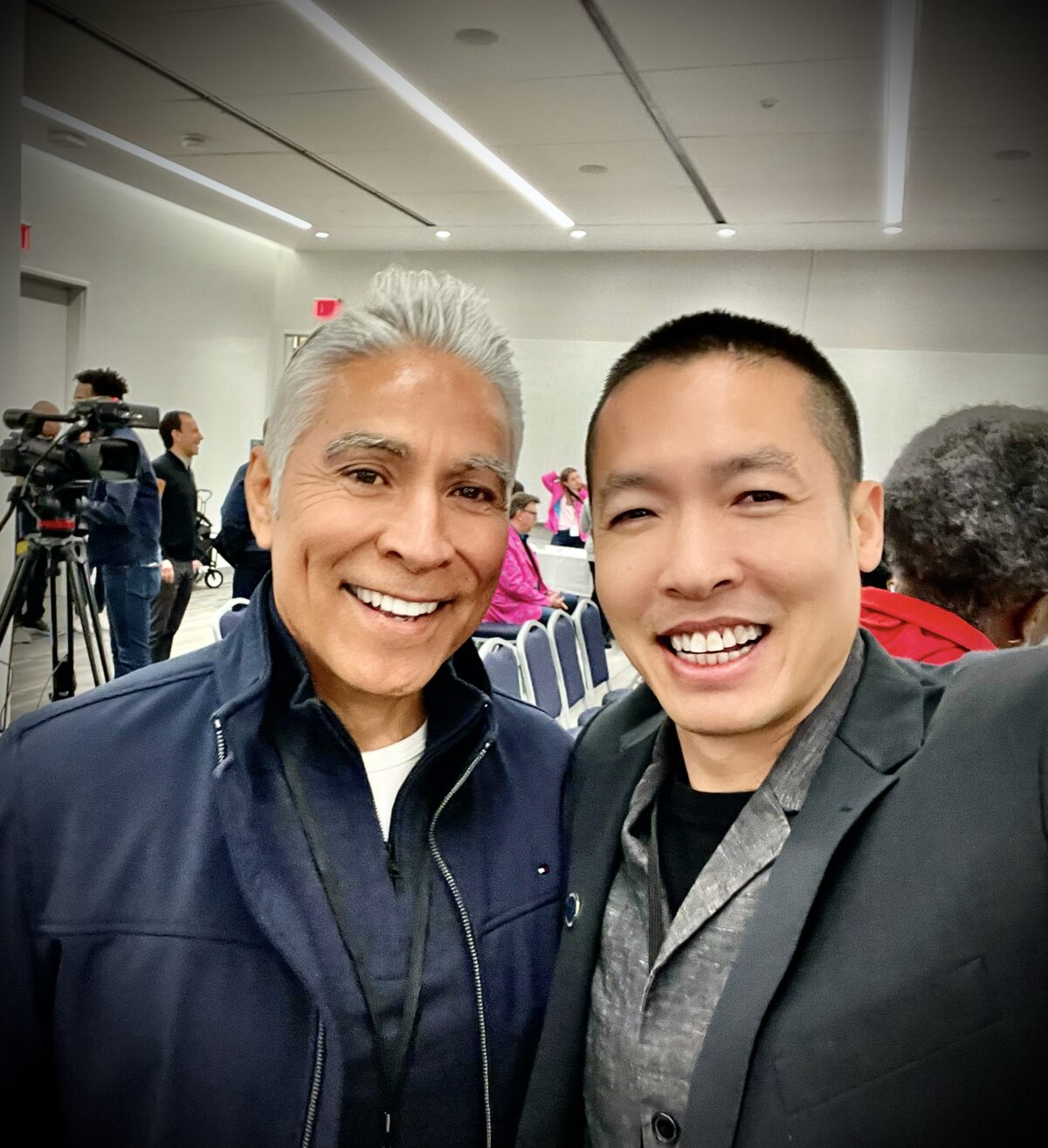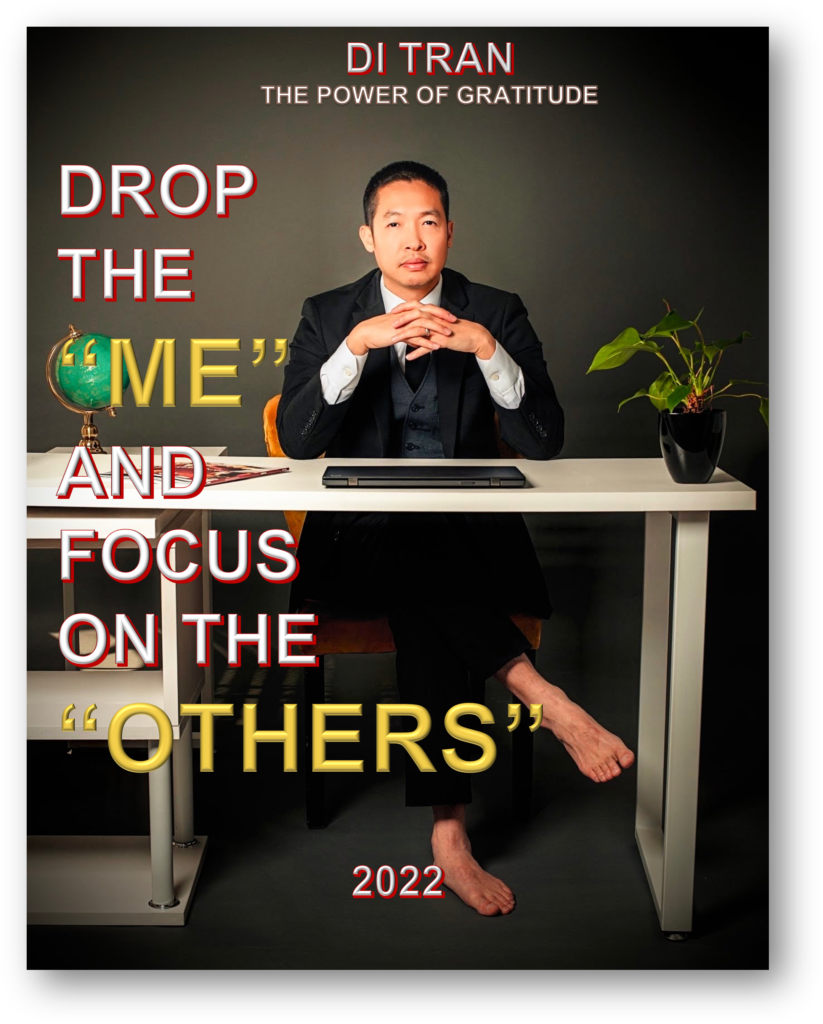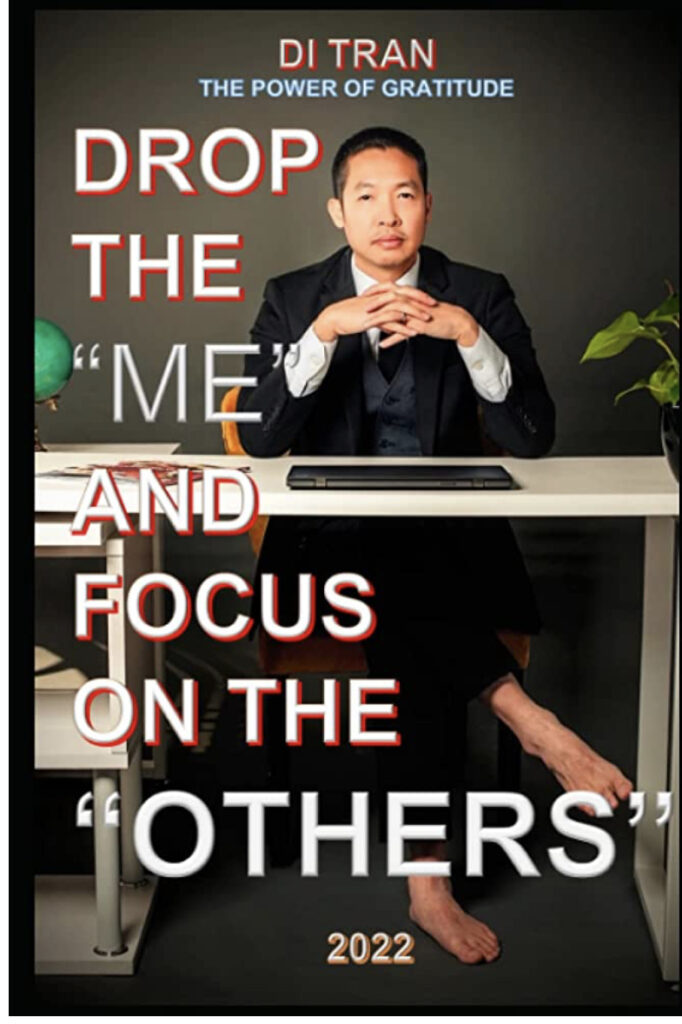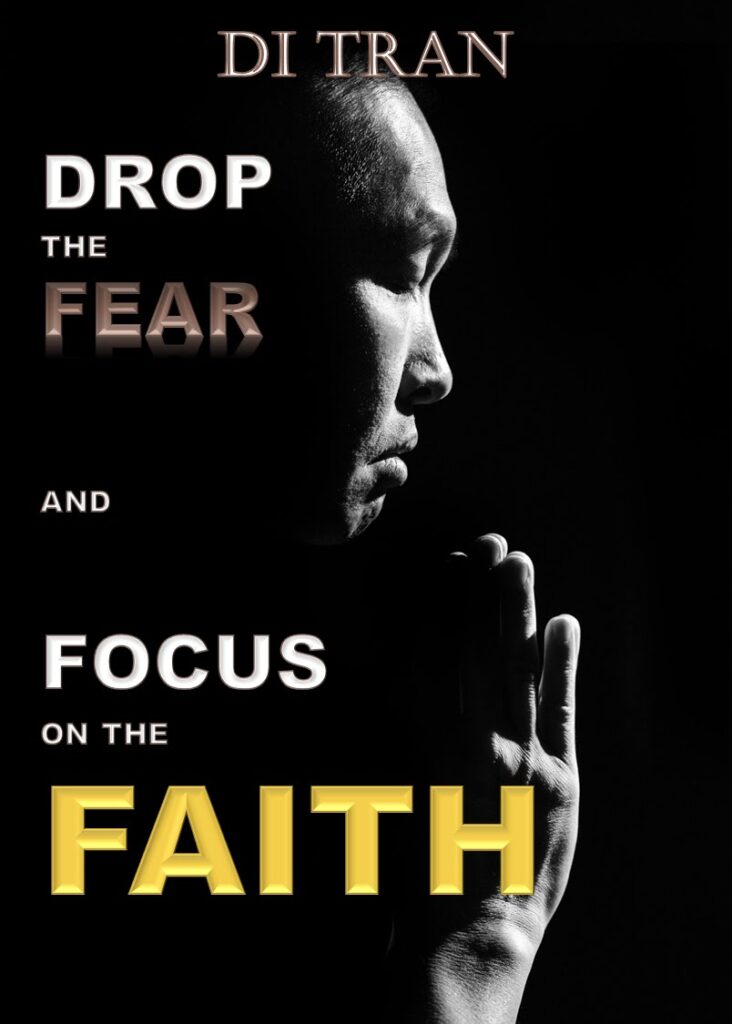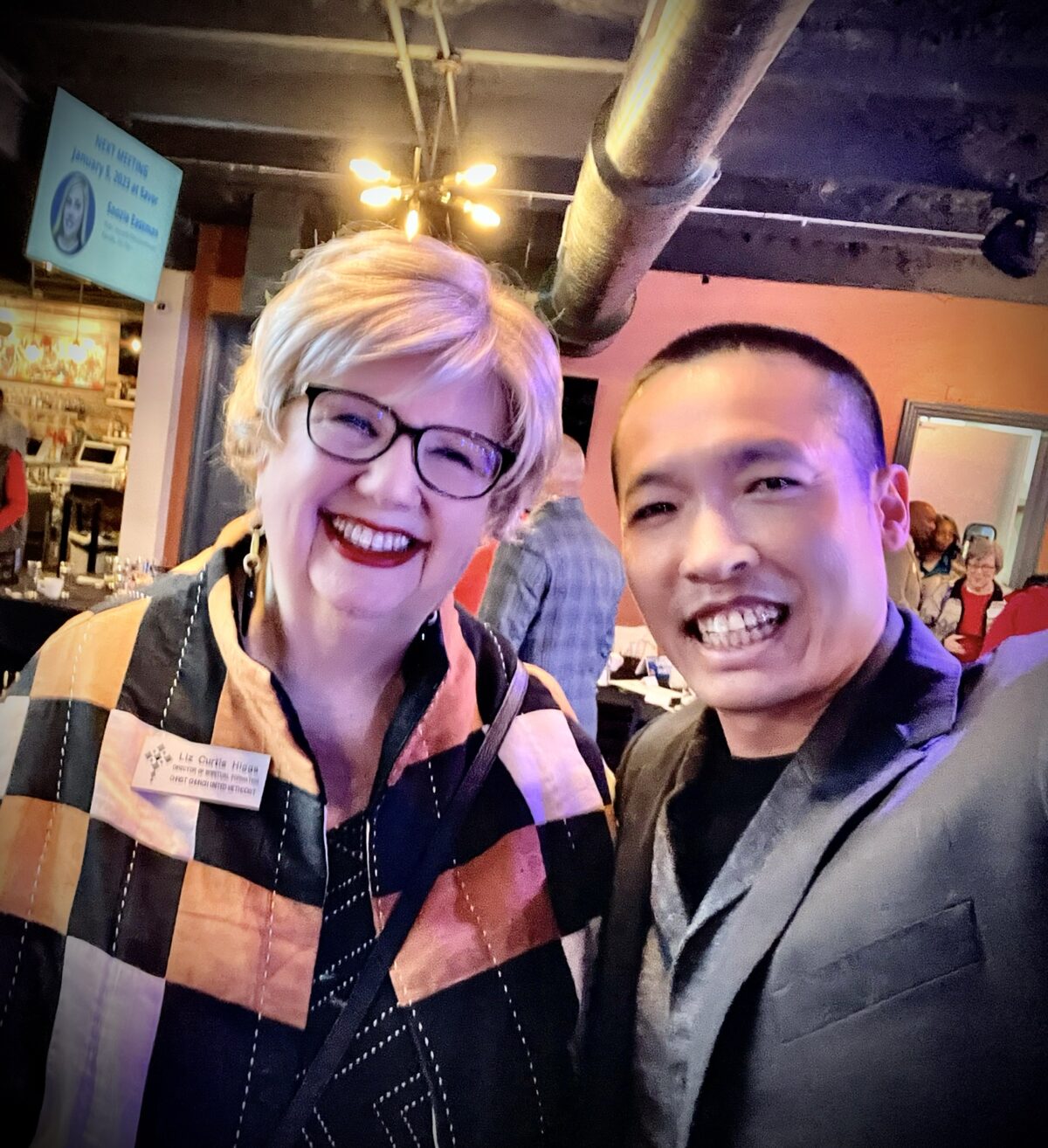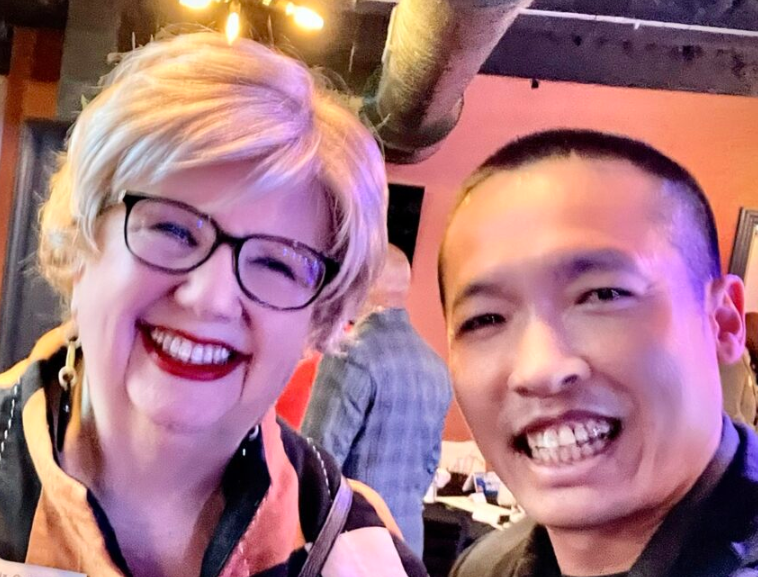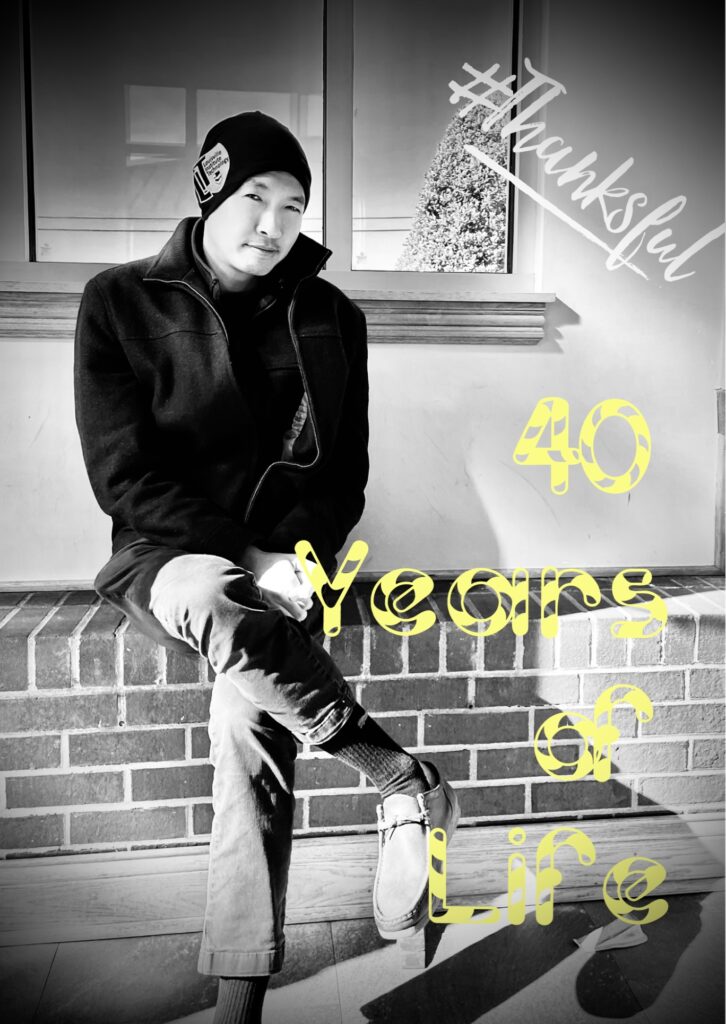The foundation of life can be summarized in two simple words: purpose and appreciation. Purpose in life is the driving force that keeps us motivated and focused, while appreciation of life allows us to enjoy the journey and find meaning in our experiences. When these two elements are combined, they form a powerful recipe for true happiness and joy in life.
Purpose in life can be different for each individual. It can be a career, a hobby, a personal goal, or even a simple act of kindness. Whatever the purpose may be, it is important to have a clear understanding of what it is and why it matters to you. When you have a purpose in life, you have a reason to wake up every day and work towards something that you find meaningful and fulfilling.
However, purpose alone is not enough to achieve true happiness and joy in life. Appreciation of life is equally important. This means taking the time to recognize and be grateful for the blessings in our lives, no matter how big or small they may be. It means finding joy in the present moment and cherishing the memories that we create along the way.
Here are five quotes and books that further illustrate the importance of purpose and appreciation in life:
- “The purpose of life is not to be happy. It is to be useful, to be honorable, to be compassionate, to have it make some difference that you have lived and lived well.” – Ralph Waldo Emerson
This quote emphasizes the importance of having a purpose that goes beyond personal happiness. It encourages us to strive for something that will make a positive impact on the world around us.
- “The happiest people don’t have the best of everything, they just make the best of everything they have.” – Unknown
This quote highlights the importance of appreciation in finding happiness. It reminds us that true happiness comes from within, and that it is possible to find joy in even the most challenging circumstances.

- Man’s Search for Meaning by Viktor E. Frankl
This book is a powerful testament to the importance of purpose in life. It tells the story of the author’s experiences as a prisoner in a Nazi concentration camp, and how he was able to find meaning and purpose in the midst of unimaginable suffering.
- The Book of Joy: Lasting Happiness in a Changing World by Dalai Lama and Desmond Tutu

This book offers insights and wisdom from two of the world’s most respected spiritual leaders. It emphasizes the importance of finding joy in the present moment and cultivating a sense of gratitude and appreciation for all that life has to offer.
- The Power of Purpose: Find Meaning, Live Longer, Better by Richard Leider
This book explores the connection between purpose and longevity, and how having a clear sense of purpose can lead to a happier, healthier, and more fulfilling life. It offers practical strategies for discovering your own purpose and living a life of meaning and significance.
Purpose and appreciation are the foundation of a truly happy and fulfilling life. By identifying our purpose and cultivating a sense of appreciation for all that life has to offer, we can find joy and meaning in even the most challenging circumstances. With the help of these quotes and books, we can gain a deeper understanding of the importance of purpose and appreciation, and learn practical strategies for living a life that is both meaningful and fulfilling.
In conclusion, we have explored the importance of purpose and appreciation as the foundation of a fulfilling life. However, achieving this state of mind can be challenging, especially when we are plagued by negative thoughts and feelings. That is why I would like to encourage you to check out Di Tran’s books: “Drop the ME and Focus on the OTHERs” and “Drop the FEAR and Focus on the FAITH”. These books offer practical strategies and insights for overcoming negative thoughts and focusing on what really matters in life – our relationships with others and our faith in ourselves and the world around us. By taking the time to read or listen to these books, you can gain valuable insights into how to live a more fulfilling and purpose-driven life. So, I invite you to take action today and invest in your personal growth by exploring these powerful resources.


